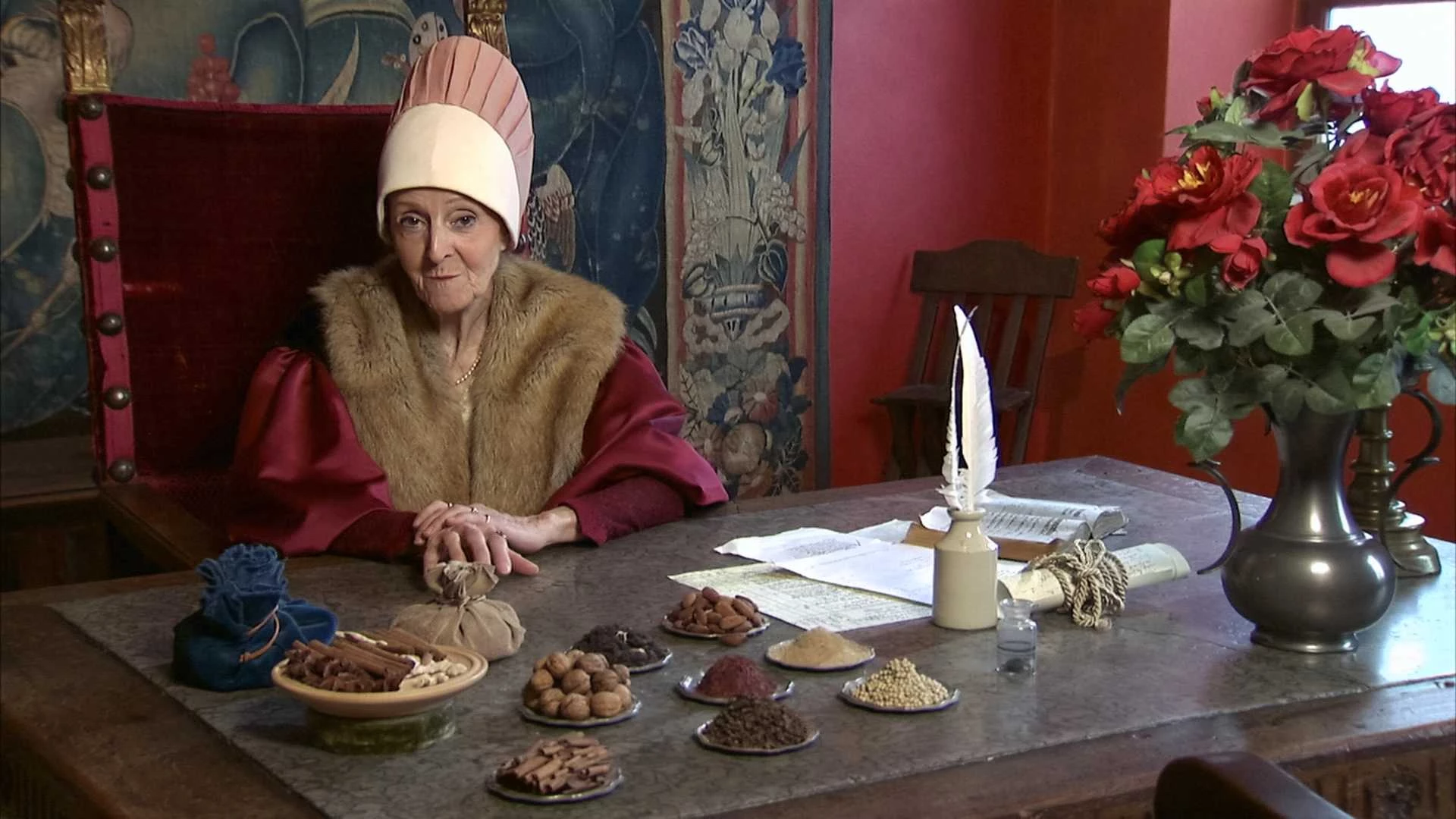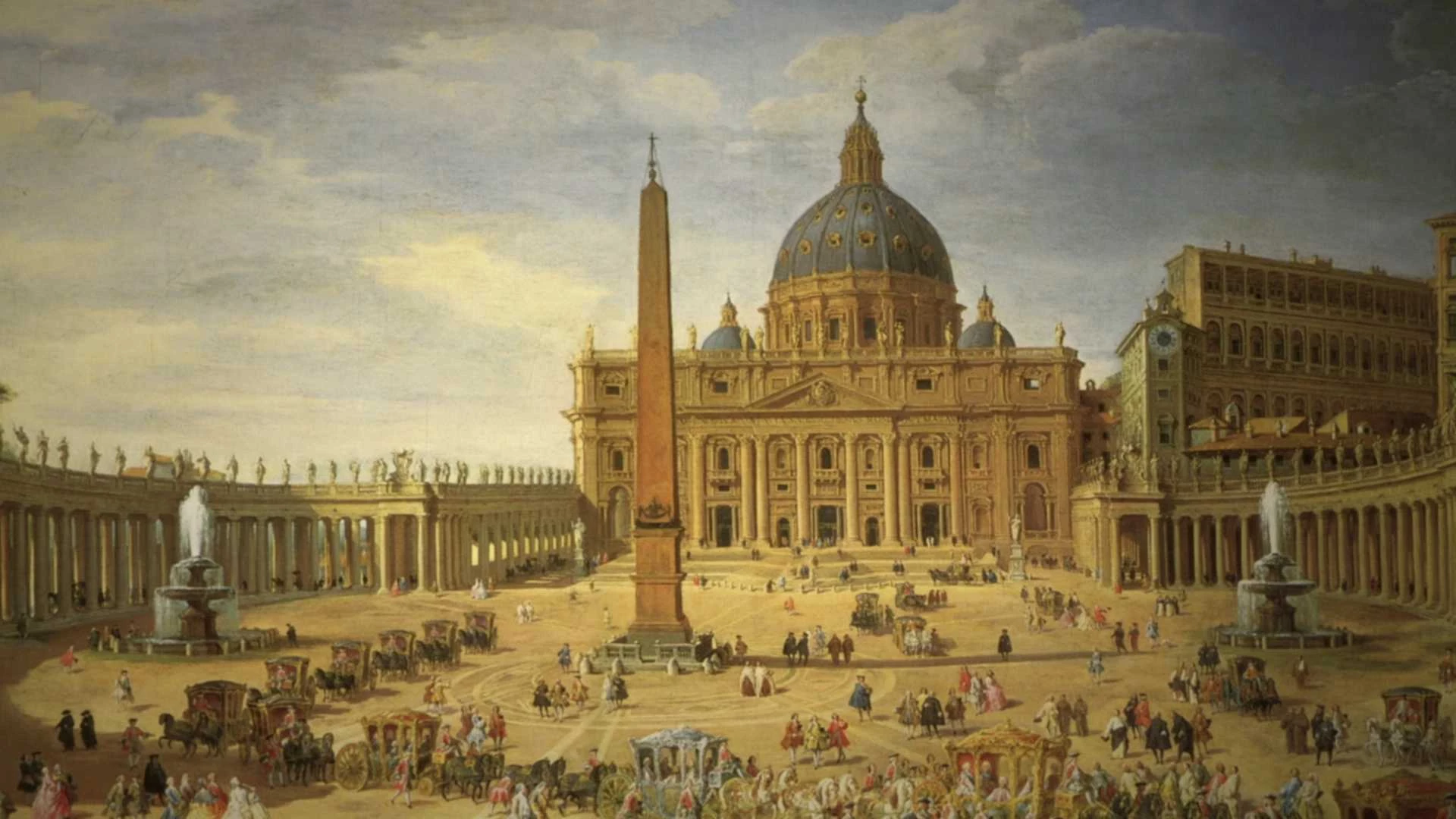Frühe Neuzeit | Aufklärung
Enlightened Absolutism in Wörlitzer Park
In the middle of the Seven Years’ War, Leopold IIl Frederick Franz assumes sovereignty over the small principality of Anhalt-Dessau. Wanting to rebuild and reform his country, he also undertakes representative projects. Inspired by a trip to England, Leopold III creates Wörlitzer Park in 1765 - a landscape garden that corresponds to the ideals of the Enlightenment. In contrast to the strict aesthetics of baroque gardens, everything here resembles an artistically-staged wildernes. The grounds serve as a "walk-in educational programme", including a miniature version of the English Iron Bridge and of Mount Vesuvius. In the spirit of the Enlightenment, the park also extols religious tolerance and houses both a Christian church and a Jewish synagogue.
mehr
weniger
Leopold III Friedrich Franz of Anhalt-Dessau, principality, Seven Years’ War, reconstruction, reforms, England, Great Britain, landscaped garden, landscaped park, freedom, harmony, subjects, education, religious tolerance, synagogue, church, technical progress, technology, technics, Palace of Wörlitz, Wörlitz Place, classicism, Friedrich Wilhelm von Erdmannsdorff, antiquity, enlightenment, royal pair, science, philosophy, culture, library, poor and healthcare sectors, royal, household, frugality, country manor, Princess Louise, art, literature, upbringing
Geeignet für die Fächer:
Geschichte


